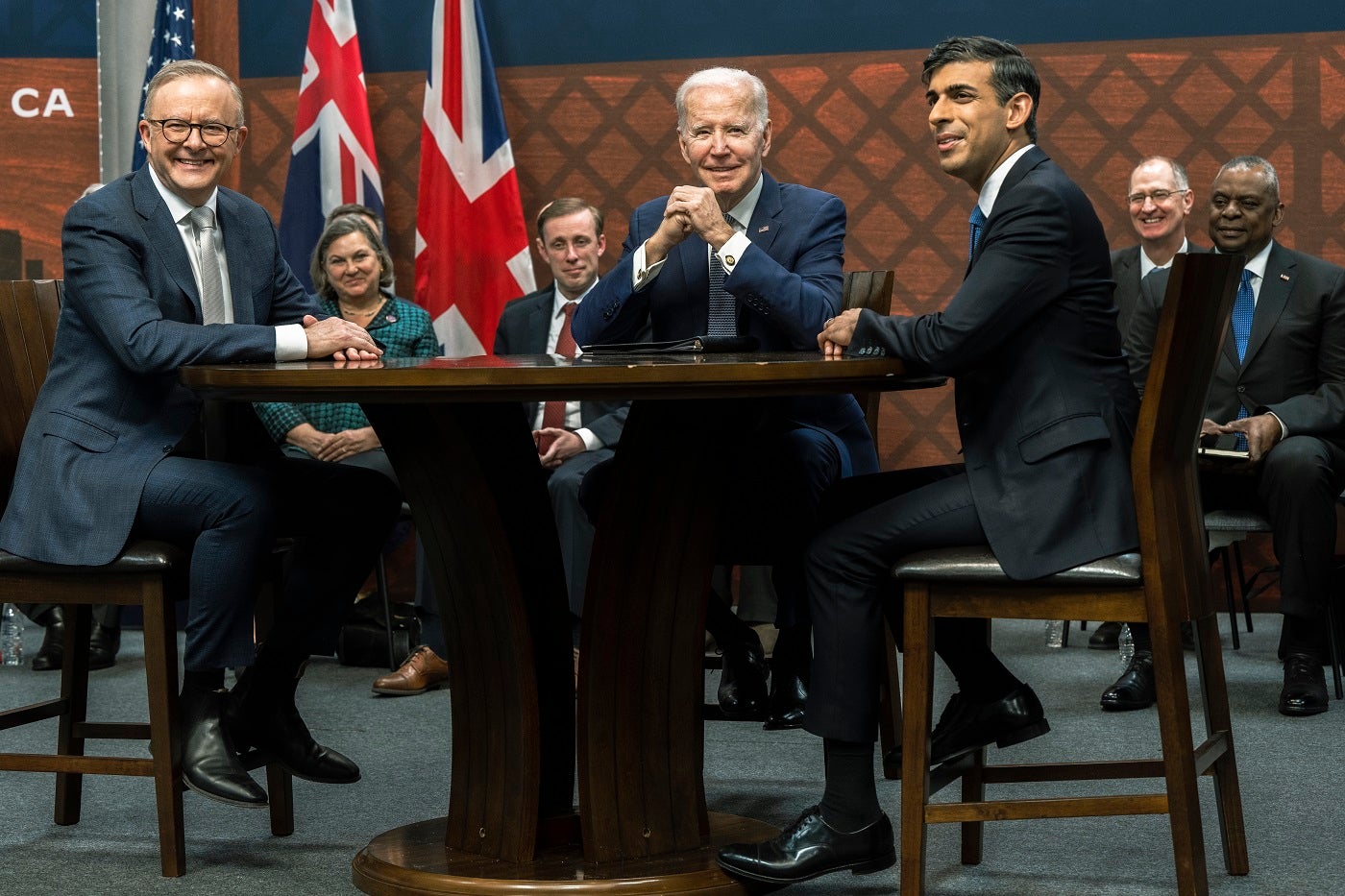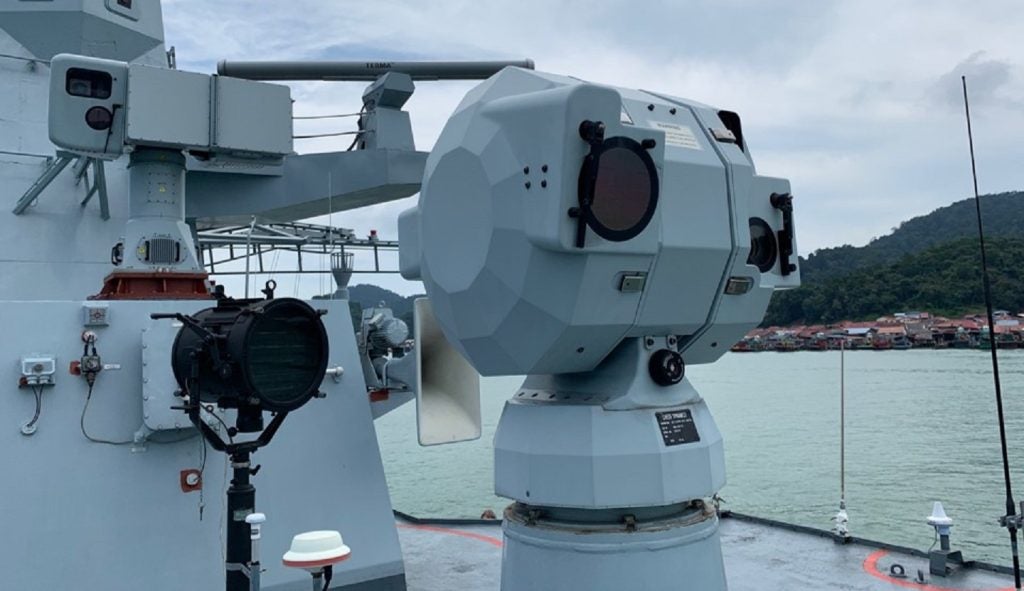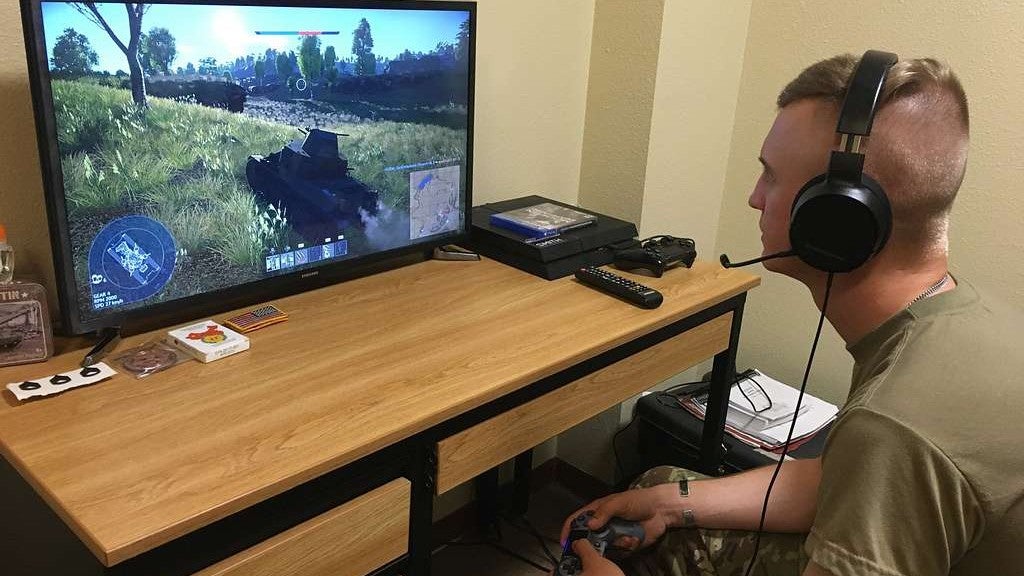
Representatives from Australia and the United States have embarked on a visit to the UK’s Faslane naval base, joining Royal Navy personnel to gain insights into the maintenance of nuclear-powered submarines, further strengthening the AUKUS partnership and enhancing global security efforts.
This knowledge exchange is poised to have far-reaching implications for the future security landscape.
Forming an Advance Verification Team (AVT), subject matter experts from all three AUKUS nations have converged with British shipyard personnel to deepen their understanding of the maintenance and industrial skills required for nuclear submarine upkeep.
This initiative follows a similar visit to the Pearl Harbor Naval Shipyard in August this year, where the AVT focused on establishing an Australian-based facility capable of supporting both UK and US maintenance activities during forward-deployed submarine missions in the region.
AUKUS partnership’s Indo-Pacific security goals
According to a GlobalData Analyst Briefing: AUKUS braces for a leap in industrial efforts, building these vessels is one of the most complex, expensive, and time-consuming projects a shipyard and navy can undertake.
Under the AUKUS partnership, the Royal Navy, in concert with its Australian and US counterparts, seeks to confront shared threats and preserve stability in the Indo-Pacific and beyond. This visit represents a tangible step forward in delivering AUKUS objectives, fostering knowledge-sharing and development that will prove critical to the programme’s success.
According to GlobalData’s “The Global Submarine Market 2023-2033” report, the militarisation of the South China Sea, with China having militarised at least three of the islands in the disputed waterway and claiming a significant portion of it, has led other countries in the region, such as Australia, Japan, South Korea, Taiwan, and the Philippines, to improve their naval capabilities to deter China.
Acquiring a nuclear submarine is expected to strengthen significantly Australia’s naval presence in the Indian Ocean area, consequently enhancing its defence capabilities and power projection potential.
Trilateral relationships and skills development
James Cartlidge MP, the Minister for Defence Procurement, emphasised the practical implications of the AUKUS partnership, stating: “The AUKUS partnership is a truly tangible demonstration of our ongoing commitment to global security. These visits are crucial for teams from all three nations to understand how best to work together as we strike ahead on the AUKUS programme, delivering cutting-edge capability to protect ourselves, and our allies and partners, for decades to come.”
Beyond focusing on submarine maintenance, the visit aimed to strengthen trilateral relationships and communication among the teams responsible for managing the submarine rotational force. Stationed in Faslane for two weeks, the AVT members immersed themselves in understanding and developing the skills needed to advance the AUKUS partnership.
According to the UK Ministry of Defence, the visit revealed both the commonalities and distinctions in working methods among the nations, highlighting areas that will optimally support the development of maintenance capabilities in Australia.
Rear Admiral Simon Asquith, Director of Submarines, expressed enthusiasm for the future of AUKUS delivery, stating, “This is an exciting moment for AUKUS delivery, marking initial trilateral efforts to ensure Australia can support US and UK submarine presence in Western Australia.
“The AVT successfully paved the way for future collaboration from all partner nations, and we look forward to this continued close working with both Navies and industry going forward.”
Infrastructure development for nuclear submarines
The AUKUS partnership, celebrating its second-anniversary last month, has reaffirmed its commitment to strengthening national security among the three nations. Earlier this year, the partnership outlined plans for constructing the first generation of AUKUS nuclear submarines in the UK and Australia based on the UK’s submarine design.
Given the need to develop adequate support infrastructure to enable nuclear submarines’ construction, maintenance, and refuelling, new infrastructure is anticipated to be created from the ground up. As such, Australian Government allocations for the nuclear attack submarine program are expected to increase from $3.58bn in 2023 to $3.62bn in 2028, reflecting a CAGR of 0.22%, according to GlobalData’s “Australia Defense Market 2023-2028” report.
In a recent development, an additional £4bn of investment was announced for the AUKUS partnership, driving the programme forward by facilitating design, prototyping, and the purchase of long-lead components for the first UK submarines. This investment ensures the stability and resilience of the domestic supply chain and supports the UK economy, creating thousands of highly skilled jobs.
These SSN-AUKUS submarines, set to be the largest, most advanced, and most powerful attack submarines ever operated by the Royal Navy, combine sensors, design, and weaponry, marking a leap in naval capabilities for the AUKUS nations.








